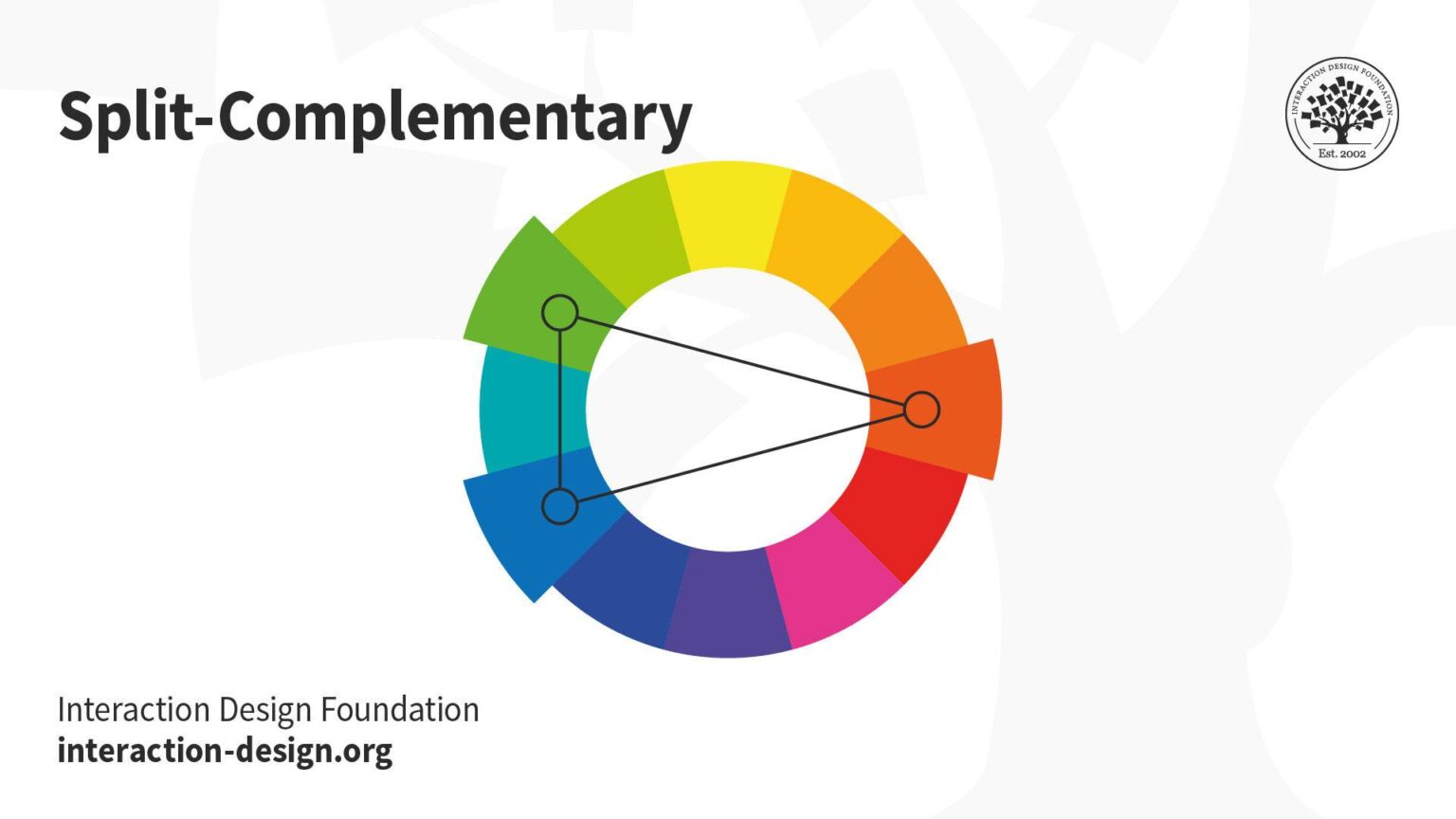In a grave violation of human rights, Moussa Tchangari, a prominent defender of civil liberties in Niger, has been held in arbitrary detention for six consecutive months, drawing international condemnation and concern. The International Federation for Human Rights (FIDH) has issued a pressing call for his immediate release, highlighting the ongoing crackdown on dissent in the West African nation. Tchangari’s detention underscores a troubling trend marked by the suppression of voices advocating for justice and accountability, as Niger grapples with political instability and human rights challenges. As activists and organizations rally for his freedom, the situation not only raises critical questions about the rule of law in Niger but also shines a spotlight on the broader implications for human rights in the region.
Detention of Moussa Tchangari Raises Alarming Human Rights Concerns in Niger
The ongoing detention of Moussa Tchangari, a renowned human rights defender in Niger, has sparked widespread outrage and raised significant human rights concerns both domestically and internationally. Tchangari, who has been held for over six months, is known for his vocal stance against government abuses and injustice. His arrest is perceived as part of a broader crackdown on civil society and dissent in a country grappling with increasing authoritarianism. Observers have noted that the circumstances surrounding his detention appear arbitrary, lacking transparency and due process, highlighting a troubling trend in the state’s approach to human rights defenders.
Human rights organizations are calling for immediate action, urging the Nigerien government to:
- Release Moussa Tchangari unconditionally and respect his rights.
- Commit to upholding international human rights standards that protect freedom of expression and assembly.
- Initiate an independent investigation into the circumstances leading to his arrest.
Furthermore, the implications of Tchangari’s detention extend beyond his personal plight; they serve as a grim reminder of the risks faced by those who dare to challenge authority. The international community must act decisively to pressure the Nigerien authorities into adhering to their commitments to uphold human rights and democratic freedoms.
Urgent Call for International Action Against the Arbitrary Detention of Human Rights Defenders
The ongoing detention of Moussa Tchangari, a prominent human rights defender in Niger, highlights a troubling trend of repression against those who advocate for fundamental freedoms. For six months, Tchangari has been held without just cause, exacerbating fears regarding the safety of those who dare to challenge the status quo. This arbitrary detention not only violates his rights but also sends a chilling message to other activists who might consider standing up for human rights in a country already facing significant challenges.
International organizations are calling for immediate intervention. Immediate steps to consider include:
- Urgent Diplomatic Engagement: Pressuring the Nigerien government to release Tchangari unconditionally.
- Public Awareness Campaigns: Mobilizing civil society and the international community to raise awareness of the situation.
- Support for Legal Action: Providing resources for legal defense and support for human rights advocacy.
Ministerial calls for dialogue and accountability must be backed by concrete measures, ensuring that the rule of law prevails and that those defending human rights are protected rather than persecuted.
Recommendations for Immediate Government Intervention to Uphold Human Rights in Niger
In light of the ongoing arbitrary detention of Moussa Tchangari, it is imperative for the government to take immediate steps to safeguard human rights across Niger. The following actions are crucial:
- Release All Arbitrarily Detained Individuals: Immediate and unconditional release of Moussa Tchangari and any other individuals detained without legal justification.
- Strengthen Legal Protections: Enhance legislation that protects human rights defenders and promotes freedom of expression to prevent further violations.
- Establish Independent Oversight Bodies: Create and empower independent commissions to monitor human rights practices and address grievances effectively.
Moreover, international collaboration is crucial for the sustainability of these initiatives. The government must engage with local and global organizations to elevate human rights standards through:
- International Pressure: Seek support from international bodies to apply pressure on the government for reforms.
- Training Programs: Implement training sessions for law enforcement and judicial officials on human rights standards and practices.
- Public Awareness Campaigns: Launch campaigns to educate the public about human rights and the importance of protecting defenders like Tchangari.
In Summary
In conclusion, the ongoing six-month-long arbitrary detention of human rights defender Moussa Tchangari raises significant concerns about the state of human rights and civil liberties in Niger. As calls for his immediate release intensify from international human rights organizations, the situation underscores the urgent need for the Nigerien authorities to uphold their commitments to human rights and to ensure the protection of individuals advocating for justice and accountability. The world is watching, and the implications of Tchangari’s detention extend beyond personal liberty; they reflect broader challenges faced by civil society in Niger and the essential role that human rights defenders play in fostering a democratic society. It is imperative that the authorities act swiftly to rectify this injustice, reaffirming their dedication to the rule of law and respect for fundamental rights.

